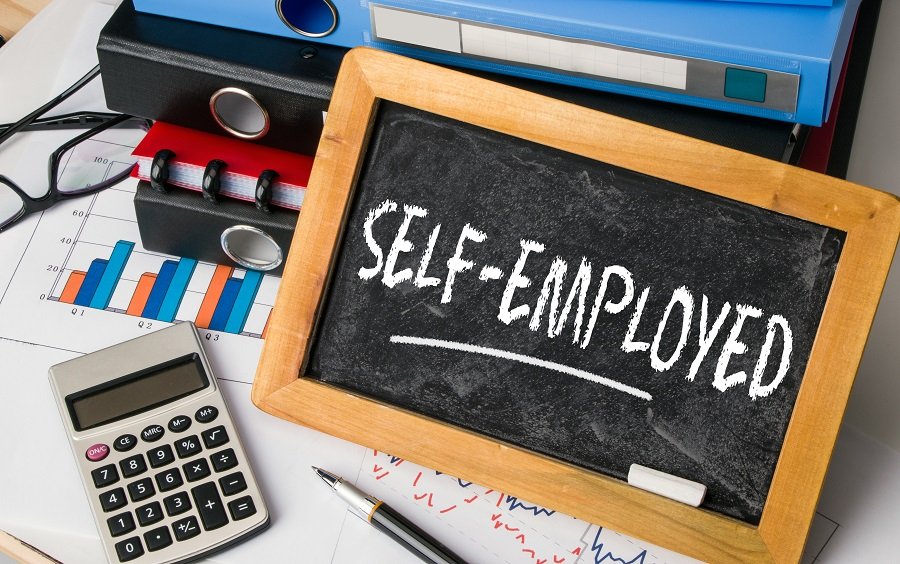Estate planning is often considered something you only need to worry about once you get married. But the reality is every adult, regardless of age, income level, or marital status, needs to have some fundamental planning strategies in place if you want to keep the people you love out of court and out of conflict.
In fact, estate planning can be even more critical for unmarried couples. Regardless if you’ve been together for decades and act just like a married couple, you likely aren’t viewed as one in the eyes of the law.
1. Wills And Trust
If you’re unmarried and die without planning, the assets you leave behind will be distributed according to your state’s intestate laws to your family members: parents, siblings, and possibly even other, more distant relatives if you have no living parents or siblings.
A will details how you want your assets distributed after you die, and you can name your unmarried partner, or even a friend, to inherit some or all of your assets. However, certain assets like life insurance, pensions, and 401(k)s, are not transferred through a will.
Those assets will go to the person named in the beneficiary designation, so be sure to name your partner as beneficiary if you’d like him or her to inherit those assets.
2. Durable Power Of Attorney
When it comes to estate planning, most people focus only on what happens when they die. However, it’s just as important if not even more so to plan for your potential incapacity due to an accident or illness.
Durable power of attorney is an estate planning tool that will give your partner immediate authority to manage your financial matters in the event of your incapacity.
Granting a durable power of attorney to your partner is especially important if you live together, because without it, the person who is named by the court could legally force your partner out with little to no notice, leaving your partner homeless.
3. Medical Power Of Attorney
In addition to naming someone to manage your finances in the event of your incapacity, you also need to name someone who can make health-care decisions for you. If you want your partner to have any say in how your health care is handled during your incapacity, you should grant your partner medical power of attorney.
This gives your partner the ability to make health-care decisions for you if you’re incapacitated and unable to do so yourself. This is particularly important if you’re unmarried, seeing that your family could leave your partner totally out of the medical decision-making process, and even deny your him or her the right to visit you in the hospital.
Don’t forget to provide your partner with
HIPAA authorization within the medical power of attorney, so he or she will have access to your medical records to make educated decisions about your care.
4. Living Will
While
medical power of attorney names
who can make health-care decisions in the event of your incapacity, a living will explains
how your care should be handled, particularly at the end of life. If you want your partner to have control over how your end-of-life care is managed, you should name them as your agent in a living will.
A living will explains how you’d like important medical decisions made, including if and when you want life support removed, whether you would want hydration and nutrition, and even what kind of food you want and who can visit you.
Without a valid living will, doctors will most likely rely entirely on the decisions of your family or the named medical power of attorney holder when determining what course of treatment to pursue. Without a living will, those choices may not be the choices you or your partner would want.
Get Help Today & Consult With An Estate Planning Attorney
Estate planning is an indispensable process for unmarried couples who want to protect their assets, secure their future, and ensure their wishes are respected. By incorporating wills and trusts, durable and medical powers of attorney, and a living will into their estate plan, unmarried couples can enjoy the same level of security and peace of mind that married couples often take for granted. To create a tailored estate plan that aligns with your unique circumstances, consult with an experienced estate planning attorney who can guide you through the process and help you safeguard your future and the well-being of your partner. We will offer you the support and guidance you need at
Hurban Law.





